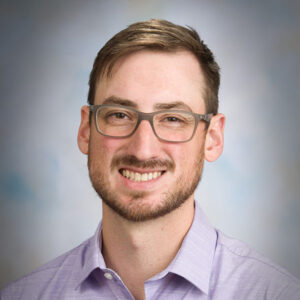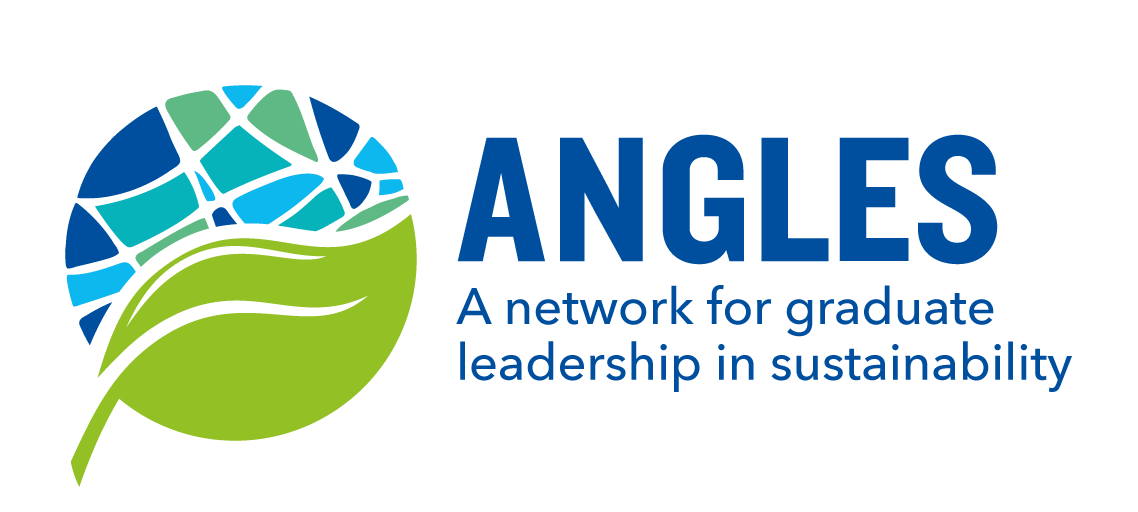Meet Our Team
The ANGLES Steering Committee provides strategic guidance for the network, including facilitation of network collaborations, meetings, and activities, and leading the implementation of network decisions and actions.
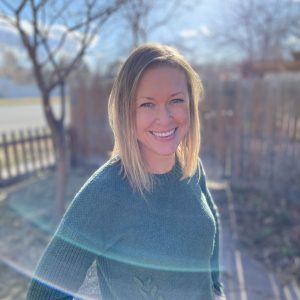
Aleta Rudeen Weller, Senior Research and Engagement Officer, School of Global Environmental Sustainability at Colorado State University
ANGLES Committee Chair
Email Aleta Weller
Aleta Rudeen Weller is the Senior Research and Engagement Officer at Colorado State University’s School of Global Environmental Sustainability. For the School, Aleta works to facilitate discourse and creative approaches to sustainability research, leadership, and engagement. She runs the School’s collaborative research programs for CSU faculty, creates opportunities for networking and dialogue across the University’s disciplinary and organizational boundaries, and helps form innovative, strategic partnerships to advance sustainability scholarship. Aleta runs the School’s selection and annual training of early career sustainability science leadership fellows and sits on the advisory committee of ANGLES, a network of higher education institutions doing similar leadership training across the U.S. and Canada. She is in charge of the School’s strategy for developing new interdisciplinary research activities, return on investment, messaging, and role in community and campus connections.Aleta has an interdisciplinary background in communication, facilitation, conflict management and collaboration in natural resources. She has worked on a variety of projects that link science and management; has a research and applied background in collaborative process; and is a certified mediator. Aleta has a Master of Science degree from Colorado State University in Rangeland Ecosystem Science and a Bachelor of Arts degree in International Affairs from Northern Arizona University. Prior to coming on board at SoGES, Aleta was the Director of Outreach and Leadership Development for the Society for Range Management.
Aleta runs and is the point of contact for the following areas: research partnerships, networking, and ideas; Global Challenges Research Teams; Resident Fellows; Visiting Fellows; Sustainability Leadership Fellows; Dining with Sustainability dinners; and any novel ideas and proposals for engagement. Aleta also advises the SoGES Student Sustainability Center, serves as the School’s representative on CSU’s President’s Sustainability Commission, sits on the advisory committee of ANGLES, serves as CSU’s designated point of contact to the United Nations Framework Convention on Climate Change, and serves on the Board of Directors for the Sustainable Living Association.
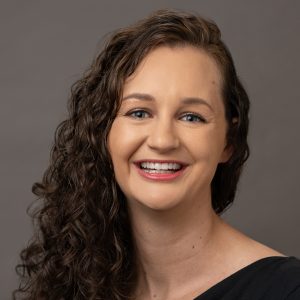
Nicole Motzer, Director of Research Development at Montana State University
Email Nicole Motzer
Dr. Nicole Motzer is the Director of the Office of Research Development at Montana State University. In this role, she works closely with PIs from across campus and at all career stages to elevate and accelerate research and scholarship activity. She is particularly focused on facilitating interdisciplinary connections, fostering team science, and encouraging boundary-spanning partnerships to produce innovative and impactful research outcomes.Prior to joining MSU in January 2022, Nicole served as the Assistant Director for Interdisciplinary Science at the National Socio-Environmental Synthesis Center (SESYNC). There, she coached scholars through every stage of the interdisciplinary research process, from building teams, to enhancing collaborative skills, to developing boundary-spanning ideas into funded proposals and actionable outcomes. She also led SESYNC’s Graduate Research Fellowship program.
In addition to helping others realize their own research goals and potential, Nicole is an active interdisciplinary collaborator herself. She is a co-PI on an active NASA LCLUC grant that integrates demographic shifts in Mongolia with UAV-derived vegetation information to better understand grassland health and inform sustainable development pathways. She also served as the PI of an international, interdisciplinary effort funded by the Gordon and Betty Moore Foundation that developed a global framework for evaluating the socio-ecological impacts of ocean planning as a previously untested governance tool. In total, she has been awarded over $1 million in research grants so far.
For her contributions to interdisciplinary research, Nicole has been recognized by the likes of Michigan State University’s Center for Interdisciplinarity with a Visiting Fellowship in 2019 as well as the National Academies, which in 2020 formally sought her counsel on measuring convergence research. She received her PhD in Geographical Sciences in 2017 from the University of Maryland, College Park.
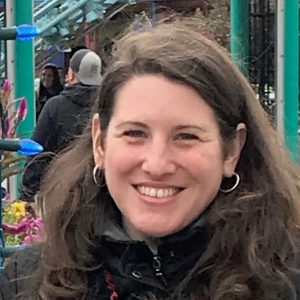
Carrie Ferraro, Director, Rutgers Science Explorer; Assistant Professor of Professional Practice in the Math & Science Learning Center at Rutgers University
Email Carrie Ferraro
Carrie Ferraro, Ph.D., is the Director of the Rutgers Science Explorer and an Assistant Professor of Professional Practice in the Math & Science Learning Center at Rutgers University. In this position, she works with graduate students to help them more effectively communicate science with youth in grades K-12. She also works with researchers on the construction and implementation of innovative broader impacts projects, to create high quality educational materials that connect students, educators, and researchers. Prior to this joining the Math & Science Learning Center, Carrie served as the Associate Director of the Coastal Climate Risk & Resilience (C2R2) Traineeship Program. C2R2 engages graduate students in transdisciplinary theory and research focused on climate change and the coast.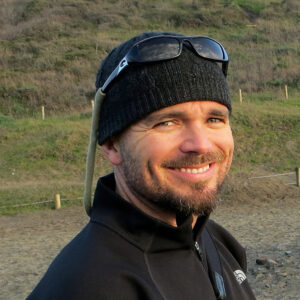
William (Bill) A. Hopkins, Professor of Wildlife Conservation at Virginia Tech; Founding Director of the Global Change Center at Virginia Tech; Associate Executive Director of the Fralin Life Sciences Institute
Email Bill Hopkins
Dr. William (Bill) A. Hopkins is a Professor of Wildlife Conservation at Virginia Tech, the Founding Director of the Global Change Center at Virginia Tech, and the Associate Executive Director of the Fralin Life Sciences Institute. He is also the Founding Director of Virginia Tech’s Interdisciplinary Ph.D. program focused on Global Change, one of the largest and most successful interdisciplinary graduate programs at the University. The program currently boasts more than 70 Ph.D. students from 16 academic departments, providing them with unique training related to interdisciplinary collaboration, science communication, leadership, and stakeholder engagement. Entering its 10th year in 2023, the graduate program has more than 50 alumni working to solve conservation and sustainability challenges around the world. Bill’s research spans the basic-applied science continuum, but is ultimately inspired by the desire to understand the ways that human activities disrupt the physiology and reproduction of wildlife in hopes of developing cost-effective conservation solutions. He is an award-winning researcher, mentor, and teacher, and a dedicated public servant. He has published more than 200 peer reviewed scientific articles and frequently provides input on important environmental issues to the media (e.g., 60 minutes, NPR, New York Times, etc.) and to decision makers in Richmond, VA and Washington D.C. on subjects pertaining to pollution, habitat loss, and biodiversity conservation. He has been a key scientific contributor to five of the U.S. Department of Interior’s Natural Resource Damage Assessment and Restoration cases, including the B.P. oil spill and the T.V.A. ash spill. Bill has also proudly served on six expert committees of the National Academies of Sciences, Engineering, and Medicine (NASEM), providing scientific guidance to the nation on some of the most pressing societal issues of our time. He currently serves on the NASEM Committee tasked with evaluating the progress and effectiveness of the Restoration of the Florida Everglades.